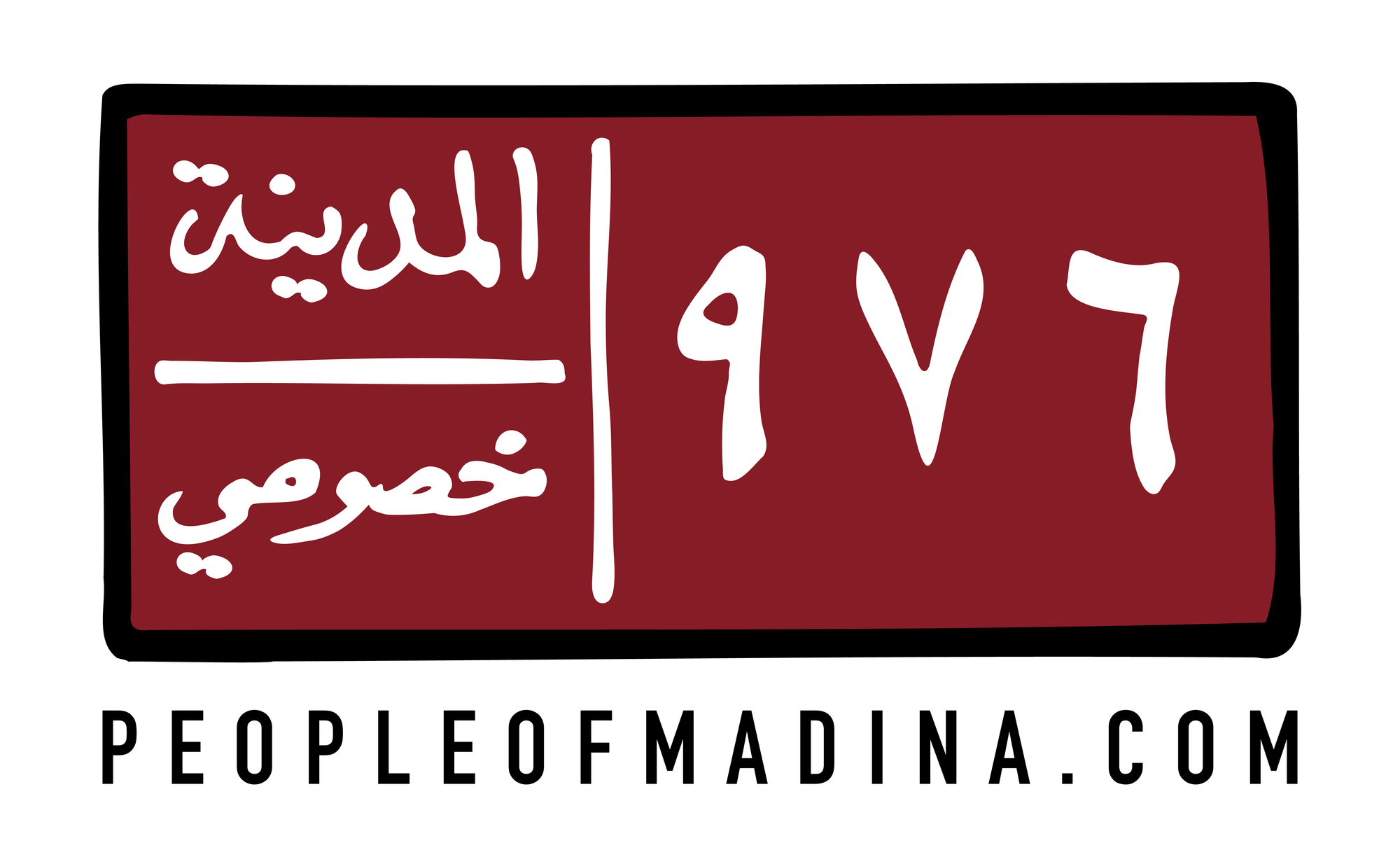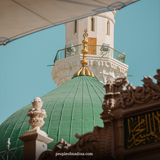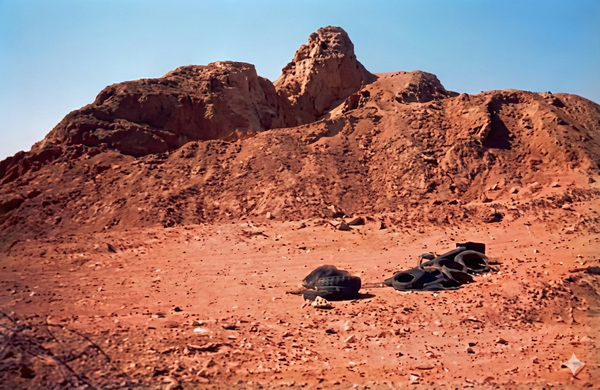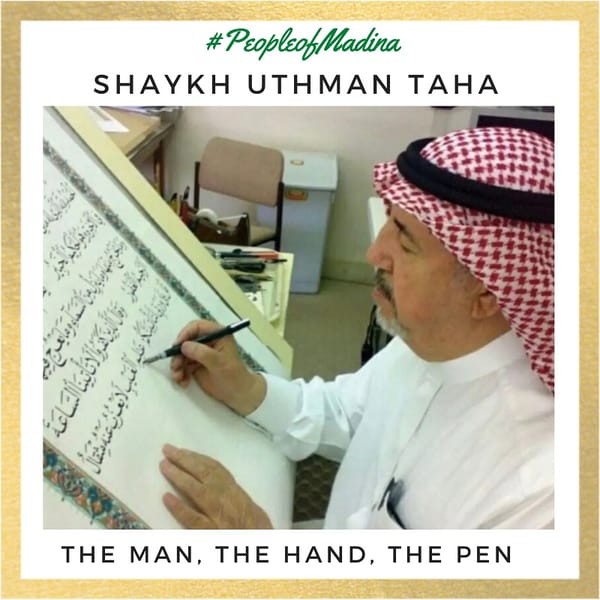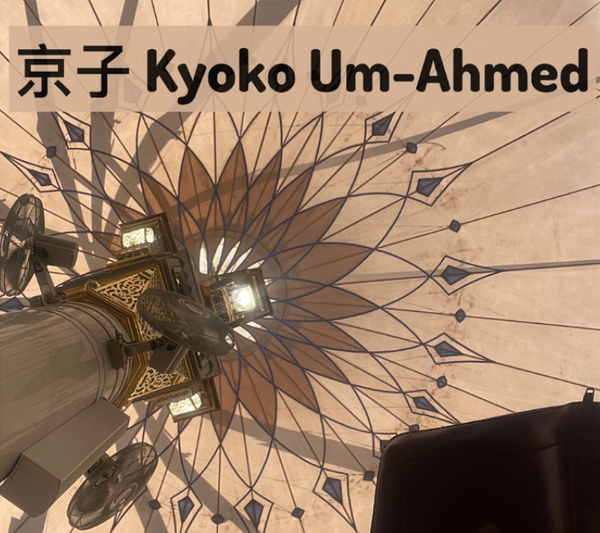Mount Uhud's Love & Visiting the Martyrs
In the following article, we explore the significance and virtues of Uhud. Additionally, we delve into the etiquette and recommendations for visiting the graves of the martyrs of Uhud.

In the rich tapestry of Islamic history, certain locations hold profound spiritual significance, serving as silent witnesses to the faith's most pivotal moments. Among these revered sites is Mount Uhud, a symbol of sacrifice, resilience, and divine love, nestled in the outskirts of Madina. This mountain, more than just a geographical landmark, is imbued with a deep emotional and religious significance that resonates through Islamic tradition. It is here that the Battle of Uhud took place, a key event in early Islamic history that tested the resolve of the Muslim community. Beyond its historical context, Mount Uhud is celebrated for its virtues and the unique love it shares with the believers, a concept beautifully narrated through Hadiths.
The Virtues of Mount Uhud
Anas bin Malik (Allah be pleased with him) narrates:
Uhud came in to view for the Messenger of Allah (Allah bless him and give him peace) who said: "This is a mountain which we love and which loves us." [Bukhari and Muslim]
There are a number of authentic with a similar meaning to the above narration. There are other narrations in relation to the virtue of Uhud such as it being a mountain of Paradise and other virtues, however these narrations are not authentically reported.
The Meaning of Uhud Mountain's Love
The notion of Mount Uhud's affection prompts the question: How can a mountain exhibit love? Al-Hafiz answered this question in Al-Muntakhab saying:
The stronger and correct view of its meaning is that Uhud literally loves us, meaning Allah has placed in it a consciousness by which it loves. Just as in the case of the tree trunk expresssing yearning [for the Messenger of Allah], pebbles glorifying [Allah] and similar to the rock absconding with the garment of Musa (Allah bless him and give him peace) and other such incidents."
Visiting the Martyrs of Uhud
Imam al-Nawawi, in his treatise on pilgrimage rites, outlines the proper conduct for visiting Uhud. He advised the following:
"It is desirable (Mustahab) to visit the graves of the martyrs (Shuhada) of Uhud, the best time being on Thursday, beginning with Hamza the Uncle of the Messenger of Allah (Allah bless him and give him peace). A person should set out early after Fajr prayer from the Masjid of the Messenger of Allah (Allah bless him and give him peace) so as to enable them to return in time to offer the Zuhr prayer in it."
Imam Ibn Hajar al-Haytami commented that Thursday was specified as the best day because the deceased have an increased perception of those whom visit them on Friday, the day before and the day after it.
Some scholars have commented that there is no direct evidence for encouraging visiting on Thursday specifically and the advice from scholars for doing so was mentioned as a means of providing a schedule. So, on Friday a person should head early to the Masjid al-Nabawi for Jumah prayer, and on Saturday should visit Quba, thereby leaving Thursday as an optimal day for visiting Uhud.
As for it being recommended to visit the graves of the martyrs of Uhud then there is agreement upon this being a virtuous act due the numerous authentic hadith on the topic:
Imam Ahmad, Abu Dawud and others narrate from Talha bin Ubaydillah (Allah be pleased with him) that he said:
We went out with the Messenger of Allah (Allah bless him and give him peace) intending the graves of the martyrs such that we entered upon the al-Waqim district and encountered some graves. We inquired: O Messenger of Allah, are these the graves of our brothers? He replied: These are the graves of our companions. However when we came upon the graves of the martyrs he said: These are the graves of our brothers." [Ibn Abd al-Barr said these hadith was authentic]
This hadith highlights the special status of Uhud's martyrs, distinctly referred to as "brothers," whilst others were not, it also contains evidence that it is recommended to visit the martyrs of Uhud.
